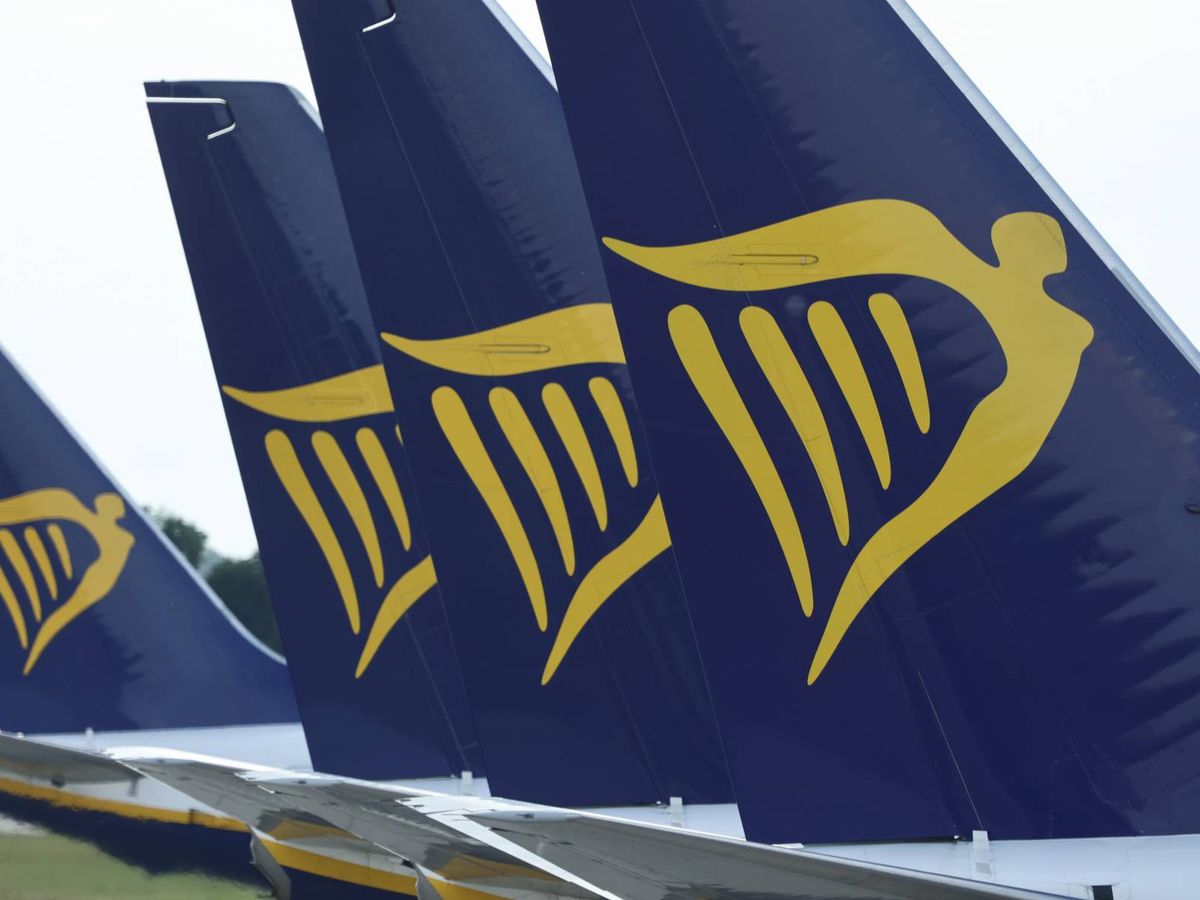Ryanair raked in around £24 in extra revenue from each customer who flew last year. The budget airline has long been known for its punchy approach to extra fees, slapping on charges for hand-luggage that’s slightly too big, checking in less than two hours before departure and even for bringing a large water bottle on-board, as the Mirror’s Ruby Flanagan recently found out. One unhappy customer found themselves unable to check-in a bag with Ryanair, despite paying to do so just a minute earlier. He ended up ditching his suitcase in the airport and sprinting to the boarding gate. Tucked away in Ryanair’s end-of-year results is a clear reason why the Irish carrier is so keen to keep the fee revenue rolling in. Do you have a travel story to share? Email webtravel@reachplc.com Over the most recent full financial year, Ryanair raked in €4.72billion (£4billion) in ‘ancillary revenue’. That means anything extra that passengers pay for, such as excess luggage, seat selection and a cup of coffee. For every one of the 200million passengers who flew with Ryanair last year, they forked out on average £23.80 on top of their ticket. The figure is a 10% rise on the previous year, when Ryanair scored €4.30billion (£3.67billion) or €23.40 (£20) per passenger. That number is a big deal for the airline, as it represents around a quarter of its total revenue for the year – €13.95billion (£11.9billion). If that ancillary income is removed from the Ryanair cost sheet, then the airline would be in the red, given its €12.39bn (£10.57billion) operating costs last financial year. As of 2023, Ryanair ranked among the top five airlines in the world in terms of the revenue it generates from ancillary streams. These figures make it clear why Ryanair and other budget airlines are so opposed to a vote by the EU’s Transport and Tourism Committee that would boost the amount of free hand luggage passengers flying to or from member states can take. “Passengers should have a right to carry on board one personal item, such as a handbag, backpack or laptop (maximum dimensions of 40x30x15 cm), and one small hand luggage (maximum dimensions of 100 cm and 7 kg) without an additional fee,” the committee decided. Before this decision becomes law, it must be voted through by the European Parliament in the coming weeks, and then discussed by country representatives for the European Council. The proposals have been met with fierce opposition from budget airlines and the Spanish Association of Airlines (ALA), which has criticised it and the Ministry’s fines. The organisation argues that such measures limit consumer choice and disrupt fair competition in the EU’s single market. “It’s about offering different service models at different price points,” the association stated. This week Ryanair was handed a massive £91million victory by a Spanish court. The budget airline has been let off paying a €107million (£91million) fine slapped on it last year by the Spanish Ministry of Consumer Affairs. The organisation had claimed that the airlines’ policies on charging for hand luggage violated consumer rights. The fines were part of a wider crackdown that included three other airlines, including Norwegian, totalling €179 million (£152million) in fines. Now the Spanish High Court in Madrid has decided to let Ryanair off, allowing the ruling to sit as a precautionary one.
